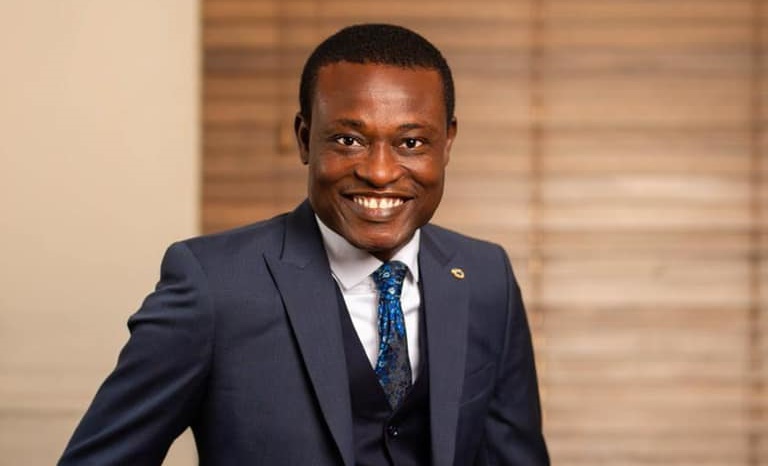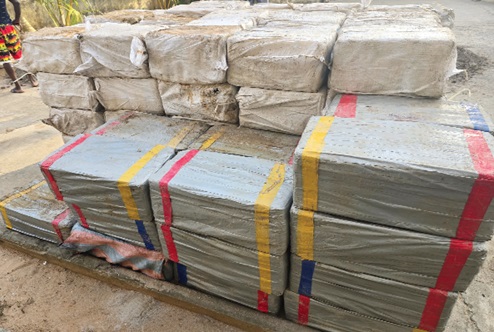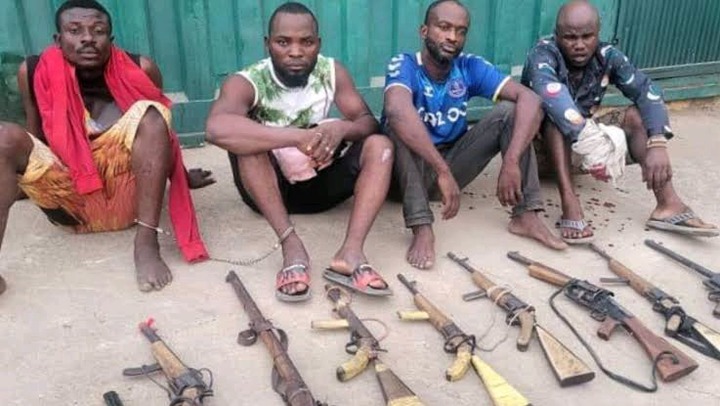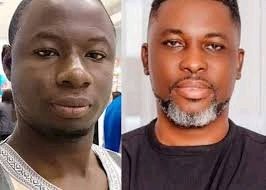
A shocking claim made by the Deputy General Secretary of the National Democratic Congress (NDC), Mustapha Gbande, has sent ripples through Ghana’s political landscape. In a recent interview on Onua FM’s YɛnNsɛmpa program, Gbande alleged that Ghana’s Special Prosecutor, Kissi Agyebeng, was the target of an assassination attempt. According to Gbande, Agyebeng’s life was only spared due to the bulletproof nature of his vehicle.
The claim, which comes amid a period of intense political scrutiny and tension between the Special Prosecutor’s office and the government, has raised eyebrows across the country. Gbande, who has been a vocal critic of the current administration, did not provide specifics about the identity of those behind the alleged attack or any details surrounding the attempted assassination. However, his comments have fueled speculation and concern over the safety of Agyebeng, especially as he leads the charge against corruption and financial misconduct in government.
“Do you know that quite recently the Special Prosecutor was almost assassinated? I don’t know by whom,” Gbande stated during the interview. “But for the fact that his car was bulletproof, Nana Addo appointed him in this government; they could not protect him. He was nearly killed, but that is a conversation for another day,” he added. Gbande’s remark underscores the gravity of the situation and suggests a deliberate attempt to harm Agyebeng, who has become a central figure in the fight against corruption within the Akufo-Addo administration.
Despite Gbande’s bold assertion, there has been no official confirmation from the Office of the Special Prosecutor regarding the alleged incident. As of now, the Special Prosecutor’s office has not issued a statement to address or verify the claim made by the NDC official.
The allegation is particularly significant given the context of ongoing investigations into corruption under the current government. Kissi Agyebeng, appointed by President Nana Akufo-Addo, has been tasked with probing financial mismanagement, bribery, and other forms of corruption within the government. His office has faced challenges and resistance, particularly from political figures within the ruling party, as it seeks to address widespread allegations of financial wrongdoing.
In addition to his comments about Agyebeng’s safety, Mustapha Gbande took the opportunity to criticize the Akufo-Addo administration for what he described as pervasive corruption. He accused the government of mismanaging state resources, claiming that the funds allegedly stolen by officials could have been used to drive significant national development.
“The money that they have taken alone can develop this country,” Gbande remarked, referencing the alleged theft of public funds by government officials. “All the loans that they have taken, the inflated prices they use as a sinking measure—this is money that could have been better spent,” he continued, calling into question the government’s handling of national resources and the impact of its financial decisions on the country’s development.
Gbande’s remarks have ignited a wider debate about the state of governance in Ghana, with political opponents of the government seizing on the allegations to call for greater accountability and transparency. However, the ruling government has not responded directly to these accusations. The lack of official confirmation regarding the assassination attempt and the ongoing allegations of corruption leave many questions unanswered, further fueling political uncertainty and division in the country.
The growing tensions between the government and the Special Prosecutor’s office, as well as the recent allegations, highlight the difficult and often dangerous nature of combating corruption within the political establishment. With no official word from the Special Prosecutor’s office, the public is left to wonder whether Gbande’s claims are grounded in fact or are part of a larger political narrative aimed at discrediting the current administration.
As investigations into corruption continue, Ghana’s political climate remains charged with uncertainty, and the safety of key figures such as Kissi Agyebeng will likely remain a topic of public concern.
For now, the matter of the alleged assassination attempt remains unresolved, and the government faces increased pressure to address the widespread claims of corruption that continue to surface in the media.
This ongoing situation promises to be a major point of contention in Ghana’s political discourse, as both the NDC and the ruling New Patriotic Party (NPP) prepare for the upcoming elections and continue to grapple with issues of governance, accountability, and public trust.




